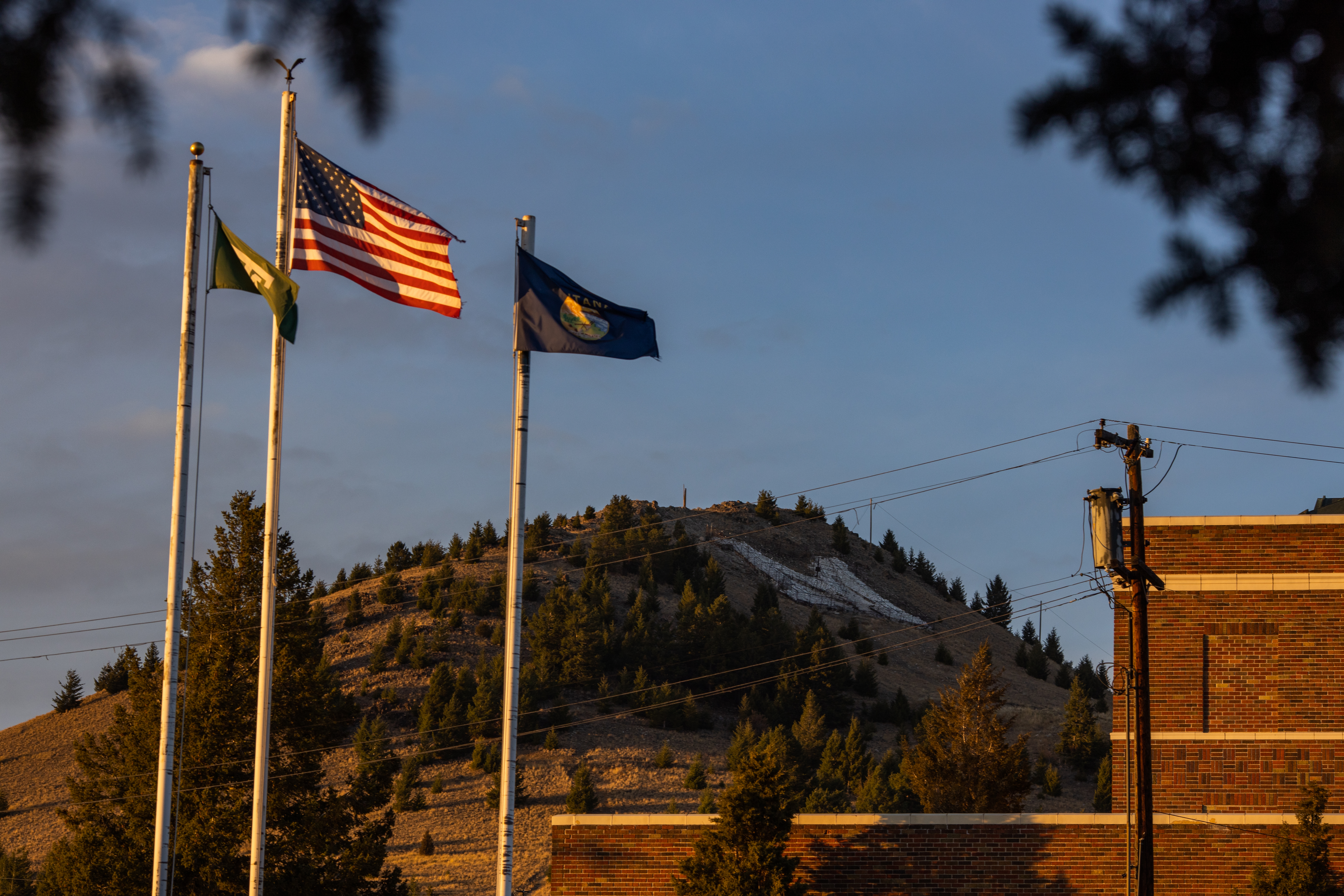Montana Tech Awarded Grant to Help Low-Income, Potential First-Generation College Students Access Higher Education

Butte, MT— Montana Technological University will receive an Upward Bound grant from the U.S. Department of Education for $1,713,465 for the next five years to provide support to help low-income students who would be the first members of their families to earn degrees to prepare for and enroll in college. Montana Tech's Upward Bound has served 1,794 students over the last 26 years, with 88% graduating from high school and earning college degrees successfully, a rate more than doubles the state and national average.
One of the Federal TRIO Programs (TRIO), Upward Bound is an intensive intervention program that prepares students for higher education through various enrichment courses. At least two-thirds of the students in each local Upward Bound program are from low-income economic backgrounds and families in which neither parent has a bachelor's degree. Many Upward Bound alumni have gone on to great success, including Academy Award-winning actress Viola Davis, ABC News Correspondent John Quiñones and U.S. Senator Raphael Warnock.
"We are delighted to have the financial security to operate for another five years in our partner schools," reports Upward Bound Director and alumnus Adam Maes. "Butte High Principal John Metz and District Curriculum Director Jim O'Neill are outstanding partners who care deeply about first-generation students in the Butte area. Furthermore, we have phenomenal support from Anaconda High Principal Eric Swanson. The campus is committed to ensuring the Upward Bound program remains successful, especially Provost Steve Gammon and Institute for Educational Opportunities Executive Director Amy Verlanic. Together we are making a difference and will continue to do so, one student at a time! The staff who work directly with students, Kaitlyn Kerr at Butte High and Brandon McLean at Anaconda High, took huge sighs of relief when the funding came in. They are truly dedicated to their students' success."
Upward Bound programs provide students instruction in literature, composition, mathematics, science, and foreign language during the school year and a six-week, campus-based summer experience. Upward Bound also provides intensive mentoring and support for students preparing for college entrance exams and tackling admission applications, financial aid packages, and scholarship forms.
According to the U.S. Department of Education, 86% of Upward Bound participants enroll in postsecondary institutions immediately following high school graduation. In FY21, more than 70,000 students participated in 966 Upward Bound TRIO projects throughout the United States and its territories.
In 1964, the Economic Opportunity Act established Upward Bound as a pilot program in response to the War on Poverty. It was the first of seven federal "TRIO" programs to be later authorized by the Higher Education Act of 1965 to help students succeed in higher education. It recognizes that students whose parents do not have a college degree have more difficulties navigating the complexity of higher education, bolsters students from low-income families who have not had the academic opportunities that their college peers have had and helps remove obstacles preventing students from thriving academically.
"As systemic inequality and financial hardship hinder students' success in getting to and through college, TRIO programs such as Upward Bound take on new importance because they address many of the barriers that prevent low-income, first-generation students from earn degrees," said Maureen Hoyler, president of the non-profit Council for Opportunity in Education (COE) in Washington, D.C. COE is dedicated to furthering the expansion of college opportunities for low-income, first-generation students, and students with disabilities nationwide.
"As of 2021, over 3,200 TRIO projects serve more than 844,000 students yearly. TRIO projects are in every state and many U.S. territories, but still only reach 18% of all U.S. high schools. Montana Technological University is pleased to keep our local schools on this exclusive list of schools that are going above and beyond providing their first-generation students access to a quality college education," concluded Amy Verlanic, IEO Executive Director and author of the grant proposal.